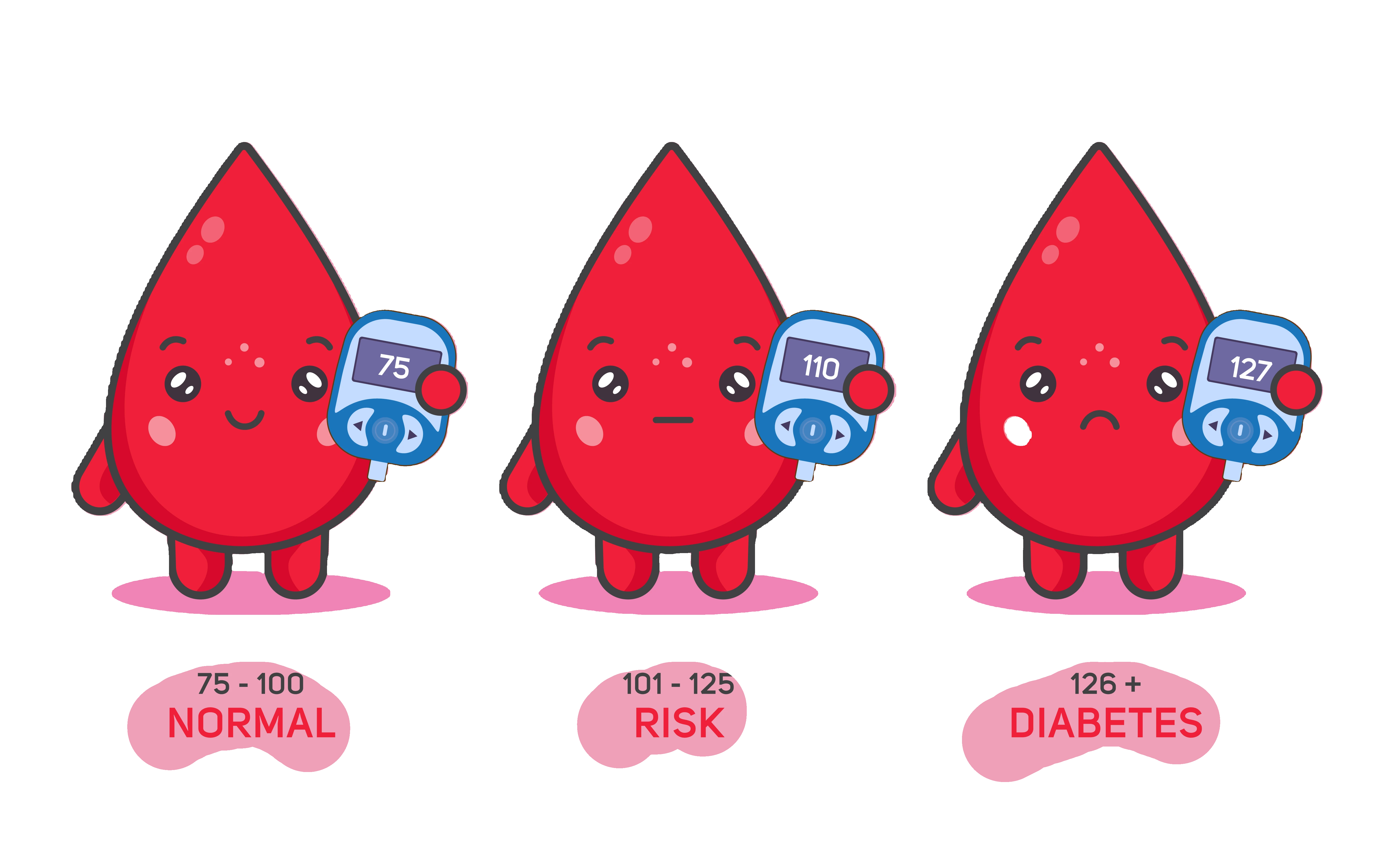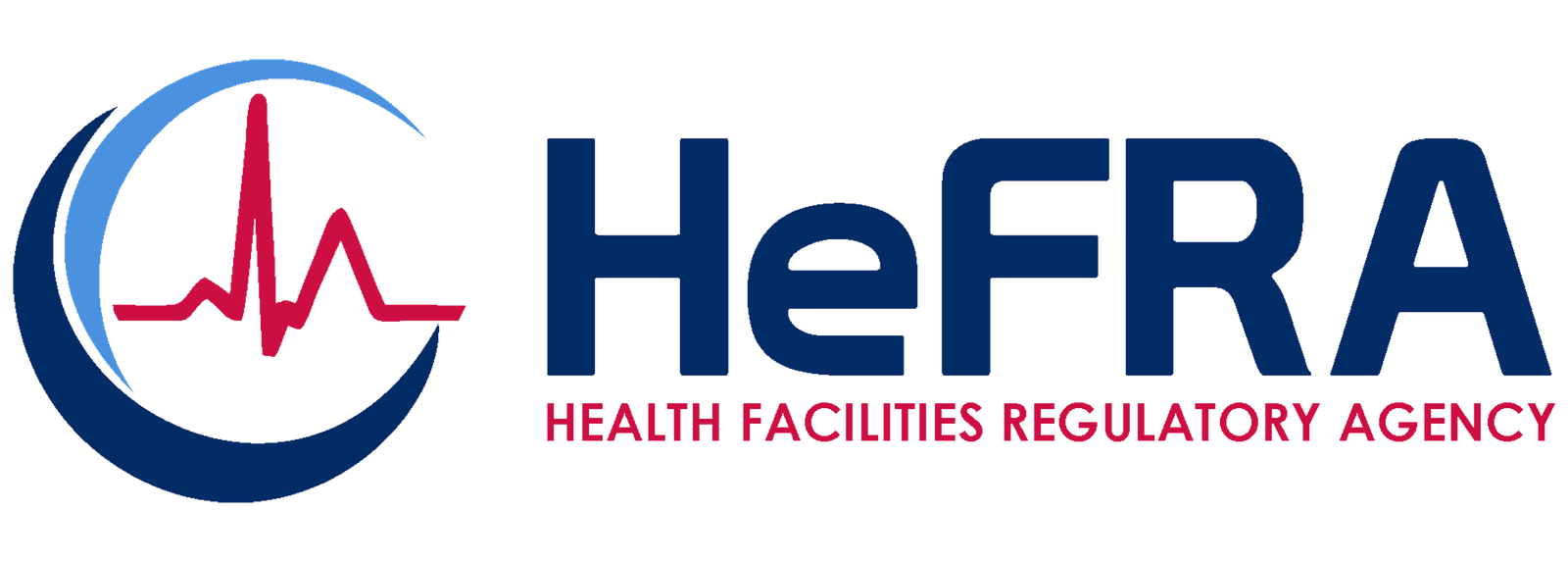
Sweet Lies, Bitter Truths: Ghana’s Diabetes Awakening 🍬📊
Diabetes: Not Just a “White Man’s Disease”
Diabetes is now common in Ghana. Many people think it only affects white people or those abroad. But that’s not true. This article explains what diabetes is, what causes it, the warning signs, and how you can prevent or manage it in Ghana.
1. What Is Diabetes?
Diabetes (also called diabetes mellitus) happens when your blood sugar (glucose) is too high. Normally, the body uses a hormone called insulin to move sugar into your cells for energy. When you have diabetes, your body either doesn’t make enough insulin or doesn’t use it well. As a result, sugar builds up in your blood.
There is another condition called diabetes insipidus, but it is rare and not related to blood sugar. This article focuses on diabetes mellitus.
Image: Glucose level
2. Main Types of Diabetes
- Type 1 Diabetes: The body makes no insulin. It often starts in children or young adults. Daily insulin injections are needed.
- Type 2 Diabetes: The most common type in Ghana. The body makes some insulin but can’t use it well. Often linked to lifestyle and can be managed with medicine and diet [1].
- Gestational Diabetes: Happens during pregnancy. It usually goes away after birth but increases the mother’s risk of getting Type 2 diabetes later [4].
- LADA (Latent Autoimmune Diabetes in Adults): A slow-developing version of Type 1 in adults.
- Prediabetes: When blood sugar is higher than normal but not yet diabetes. Can be reversed with lifestyle changes [1].
Image: Family history
3. What Causes Diabetes?
You are more likely to get diabetes if:
- Your parents or siblings have it.
- You are overweight.
- You eat a lot of sugary or fatty foods.
- You don’t exercise regularly.
- You are older (though young people can get it too).
🍚 Eating Ghanaian meals high in white rice, white kenkey, or sweet drinks regularly—without enough vegetables or exercise—can increase your risk [1][2].
Image: Fast food
4. Risk Factors in Ghana
According to the Ghana Health Service (GHS) and Korle Bu Teaching Hospital, key risk factors in Ghana include:
- Obesity
- Lack of exercise
- High blood pressure
- Poor diet (fried foods, sugary beverages)
- Family history of diabetes
- [1][5]
Image: Obesity
5. Symptoms of Diabetes
- Peeing a lot (especially at night)
- Feeling very thirsty
- Being very tired
- Losing weight without trying
- Blurry vision
- Wounds that heal slowly
- Numbness in hands or feet
In women, frequent infections may be a sign. In men, diabetes may cause sexual problems like erectile dysfunction [1].
6. Normal Blood Sugar Levels
Test Type: Fasting (before food)
Normal Level: 70–99 mg/dL (3.9–5.5 mmol/L)
Test Type: 2 hours after meal
Normal Level: Less than 140 mg/dL (7.8 mmol/L)
Test Type: HbA1c (3-month average)
Normal Level: Below 5.7%
Ask your doctor or nurse for a blood sugar test. Many health centers in Ghana offer free screening during outreach programs [1][2].
Image: Measuring blood glucose level
7. Dangers of Uncontrolled Diabetes
If diabetes is not managed well, it can cause:
- Eye damage (can lead to blindness)
- Kidney failure
- Nerve damage (tingling or pain in feet/hands)
- Sores on feet (can lead to amputation)
- Stroke or heart attack
According to Komfo Anokye Teaching Hospital, diabetes complications are among the top 10 causes of hospital admissions in their medical ward [2].
Image: Oral medication
8. Can Diabetes Be Cured?
There is no permanent cure for most types of diabetes. But it can be managed with food, exercise, medicine, and regular check-ups [1][3].
Be careful of products like "Vikil 20" or herbal remedies that claim to “cure” diabetes. Always talk to a doctor or pharmacist first [3].
9. How to Prevent Diabetes
- Eat healthy: Add kontomire, okra, garden eggs, beans, and whole grains.
- Stay active: Walk, dance, or sweep daily.
- Lose weight: Even small weight loss helps.
- Avoid sugar: Reduce soft drinks and pastries.
- Check-ups: Visit your clinic for yearly screenings.
A 2021 health outreach in Cape Coast showed that people who changed their diet and exercised more reduced their blood sugar significantly [3].
Image: Gestational diabetes
Image: Insulin
10. How Is Diabetes Managed?
- Type 1: Needs daily insulin.
- Type 2: Can be managed with pills (e.g., metformin), exercise, and food choices.
- Gestational: Managed by diet and close monitoring [4].
Most CHPS compounds and district hospitals offer free or low-cost diabetes medicines under NHIS [1].
Image: Kontomire
Image: Cabbage
11. What Can a Ghanaian with Diabetes Eat?
✅ Eat more:
- Boiled plantain
- Beans
- Kontomire stew (little or no oil)
- Grilled tilapia
- Banku with okro soup
- Fruits like pawpaw, orange, and watermelon (in moderation)
❌ Avoid:
- Fried foods
- Sweet drinks and sobolo with sugar
- Cakes, biscuits
- Excess yam or rice
[1][3]
Image: Fruits
12. Special Note for Pregnant Women
If you are pregnant, get tested for gestational diabetes between weeks 24–28. If you have it:
- Eat a healthy diet
- Walk or move safely
- Check your blood sugar
The Ghana College of Physicians and Surgeons recommends testing all pregnant women for diabetes during mid-pregnancy [4].
13. Diabetes and Foot Care
- Wash and dry feet daily
- Wear proper shoes
- Check feet for cuts
- Visit the clinic if a wound doesn’t heal
[1][2]
Image: Exercise
Final Advice for Ghanaians
- Know your family history
- Make small changes (less sugar, more walking)
- Don’t wait—get checked yearly
- Exercise
- Trust doctors, not WhatsApp messages
- Diabetes is not a curse. It can be managed.
References
- Ghana Health Service (2022). Non-Communicable Disease Risk Factors Report.
- Komfo Anokye Teaching Hospital (2023). Annual Medical Report, Endocrinology Unit.
- University of Cape Coast – School of Medical Sciences (2021). Community Health Screening Report, Cape Coast District.
- Ghana College of Physicians and Surgeons (2020). Guidelines on Screening for Gestational Diabetes in Ghana.
- Korle Bu Teaching Hospital (2022). Internal Medicine Department Report – Diabetes Clinic Summary.

We Love to Educate for Free
But please do not self-medicate as wrong doses of even correct medications can cause serious complications like kidney failure and even death. You can talk to a LICENSED health professional (including medical doctors, specialists, physician assistants, clinical psychologists, nutritionists/dieticians, medical herbalists, etc) by downloading the Deluxe Hospital app here:










